Are you missing teeth and affected negatively by the lack of them? Either functionally or aesthetically, missing teeth can cause daily life problems. It can be solved easily by dentures. Whether removable or fixed, with dentures your missing teeth can be replaced easily!
Book your consultation
Dentures are removable replacements for missing teeth and surrounding tissues. There are two types of dentures; partial dentures used when some teeth are present, and complete dentures when all the teeth are missing. After removal of the teeth and the gums are healed completely, which takes about 8 - 12 weeks, conventional dentures can be placed.
On the other hand, the immediate dentures can be placed right after the removal. For that, the dentures are made in advance. This ensures that the patient doesn’t have to be without teeth after the removal of the teeth. However during the healing period, the bones and gums shrink and the immediate dentures become unfitting. This requires the immediate dentures to be adjusted, thus the immediate dentures are a temporary solution until conventional dentures are made.
Learn MorePartial dentures can be either removable or fixed. Removable partial dentures consist of replacement teeth that are attached to a gum-colored base. The base is connected to a metal framework for support.
Fixed partial dentures replace missing teeth by placing crowns on the teeth on either side of the gap, while attaching artificial teeth in between. It is similar to a bridge as how it works, and preferred if the amount of missing teeth is more than one or two. Partial dentures are also usually cheaper than bridges.
Learn More
Dentures can treat multiple problems and many people are good candidates for it. Here, you can find answers for different complaints.
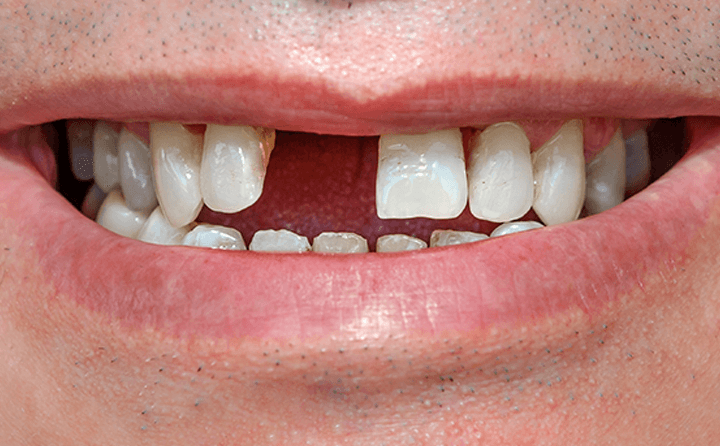
you can get dentures to replace your missing teeth regardless the number.

If the disease is in its early phases, dentures can be done.
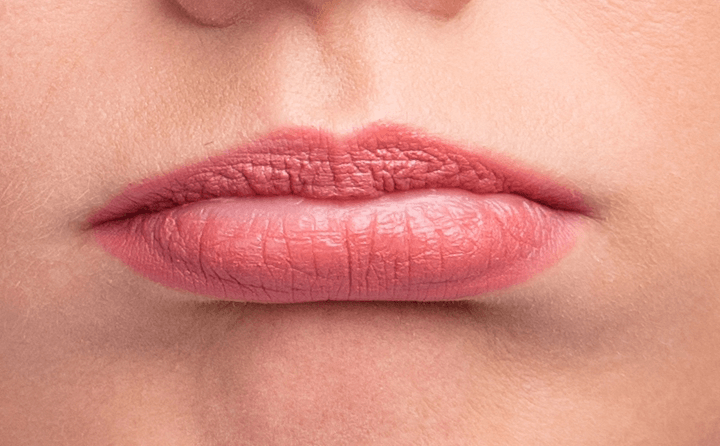
With denture technology of today, dentures are very stable and act.
At Clineca, we take everything seriously. We understand how important the results are for you. We care about your health and comfort as much as you do. From beginning to end, we inform you, guide you, serve you, and help you.

Surgeries are performed in prestigious fully equipped hospitals in which doctors from all specialties are present.

You will have an online consultation with your surgeon via video chat. After an online examination, and will help you to choose what's the best.

We cooperate with the surgeons who perform a limited number of surgeries each week to ensure the best results.

You can contact our agents 7 days and 24 hours for your questions and concerns, or only support. We'll be fully available for your service.

We provide you with special discounts in luxurious hotels in the vicinity of the hospital. Your comfort is very important to us.

We provide airport transfer and transportation between your hotel and the hospital before/after the surgery via VIP vehicles.

As Clineca, we provide you with patient accompaniment, who will visit you every day in your hotel room during the resting period.
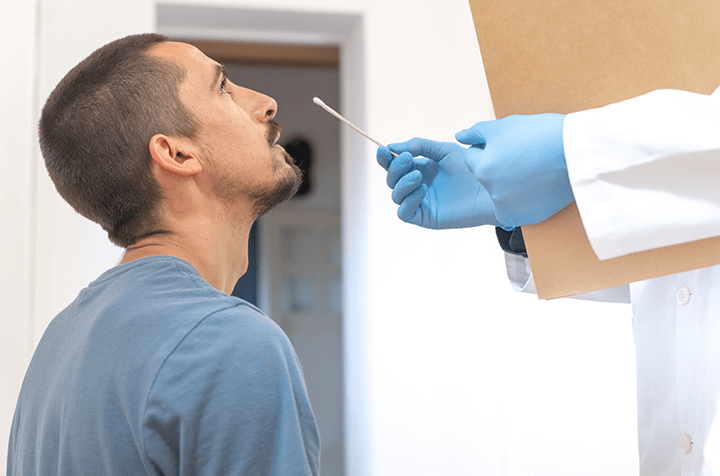
The price includes fees of the surgeon, operating room, hospitalization, tests, medications and medical visits by a nurse.

The price includes hotel layover (including breakfast), and transportation between the airport, the hotel and the hospital.
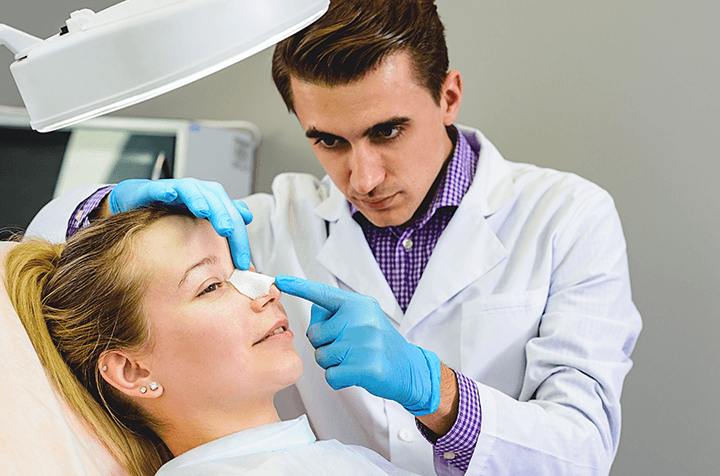
Interpreter service, BBL pillow, neck pillow (rhinoplasty), eye mask, voltage converter and many others that will enhance your satisfaction.

Turkey is a leading player in medical tourism, and Istanbul, which is an extremely beautiful touristic city, is the plastic surgery capital of Turkey.
Clineca has a holistic approach. We believe that everything should be right for a satisfactory cosmetic surgery experience, including your days in Istanbul. We plan every detail of your journey.
After you fill the form, one of our agents will contact you. They will inform you about the whole experience, in detail. If requested, they will arrange an online consultation for you.
You'll have an online consultation with your surgeon via video chat. They will perform an online examination and help you to choose what the best approach to your case is.
We'll plan your whole journey including your surgery date and accommodation. We'll inform you about every need; from preparing your suitcase to advice before the procedure.
Our VIP transportation vehicle will be ready at the airport for you. We’ll drive you to the hospital and they'll get a blood and the C19 test. Then, we'll take you to your hotel.
We’ll take you from your hotel to the hospital. After your examination, the same day you’ll have the surgery. You will stay at the hospital 1-2 day(s), depending on the procedure.
After your stay at the hospital, we'll drive you to your hotel. A wellbeing assistant will visit you every day to inform you, to examine, and to provide medical care during the week.
We'll gladly and proudly show you around our beautiful city. We’ll be very happy to provide you with professional guidance in historical sightseeing, shopping and entertainment.
We’ll take you to 1-week follow-up. After your examination and removal of bandages if required, we’ll inform you about the recovery period. Then, we'll drive you to the airport.
During your recovery, we'll inform you, check on you, and answer your questions 24 hours and 7 days. We'll expect you to send photos periodically to follow your recovery period.
if you are missing most or all of your teeth, you may be a good candidate for dentures. However, other factors, such as your oral health, overall health can also influence your suitability for dentures. It is important to consult with your dentist before getting dentures to determine the best treatment option for your needs.
Book your consultation

The outcomes of dentures can be analyzed in three main categories: aesthetical, health-related, and psychological.
Missing teeth often cause an unpleasant smile and after getting your customized dentures you won’t have to worry about aesthetics because they will be perfect.
Missing teeth can cause uneven bite and irritability and sensitivity on your gums. After getting your dentures all these problems will resolve.
After getting a denture, you’ll get rid of your insecurities related to your missing teeth and will be much more confident and happy with your smile.
The procedure can take several appointments and about 2 months. On your first visit, your dentist will examine your mouth and determine the best appliance for your case. After they decide on the approach, your teeth will be removed, then an impression of your jaw and measurements will be taken.
According to the impression and measurements, models of the denture will be made. There may be fitting appointments for the perfect fit during the development of the denture. Shape, color, and fit will be assessed during the fittings to cast the final denture.

If you are considering getting dentures, it's important to be aware of the potential risks and complications.
During the first week of the dentures recovery process, you can expect to experience some discomfort and difficulty as you adjust to the presence of the dentures. Your gums may be sore for the first few days after getting dentures. This is normal and should go away on its own within a few days. Difficulty eating; you may find it difficult to eat at first because of the soreness and the presence of the dentures. Stick to soft foods and cut your food into small pieces to make it easier to chew. You may also find it difficult to speak at first because of the dentures. This should improve over time as you get used to the dentures. It's important to maintain good oral hygiene while wearing dentures. Brush your gums, tongue, and palate every morning with a soft-bristled brush before you insert your dentures.
After the early weeks of the dentures recovery process, you can expect the dentures to become more stable and comfortable as your mouth adjusts to them. Improved eating and speaking; as your mouth becomes more accustomed to the dentures, you should find it easier to eat and speak. As the dentures become more stable, they should look more natural and blend in with your other teeth. You will continue to have follow-up appointments with your dentist to check on the progress of your treatment. These appointments are usually scheduled every 4-6 weeks. Denture adjustments also will be done. You may need to have the dentures adjusted or refitted as your mouth changes shape over time. This is normal and helps ensure that the dentures continue to fit properly.
After meeting with your dentist at their office during your consultation you express your expectations and the dentist checks the condition of your teeth. They will inform you about their professional opinion while taking your expectations and the condition of your teeth into consideration. Then, photos of your teeth will be taken for a 3D simulation. The size, model and color can be decided by you, and you can even choose the color from the tooth color chart. After deciding, on the first operation day teeth will be scraped and if there is a need for an extraction it will also take place on the first day. Temporary veneers will be put on and your dentist will prescribe you with painkillers and antibiotics. You will stay at the hotel for about 4-5 days. During your stay you will be visited by a wellbeing specialist, and if you’re having any problems your dentist will be contacted. After these 4-5 days, your permanent veneer will be applied and it will be all done.
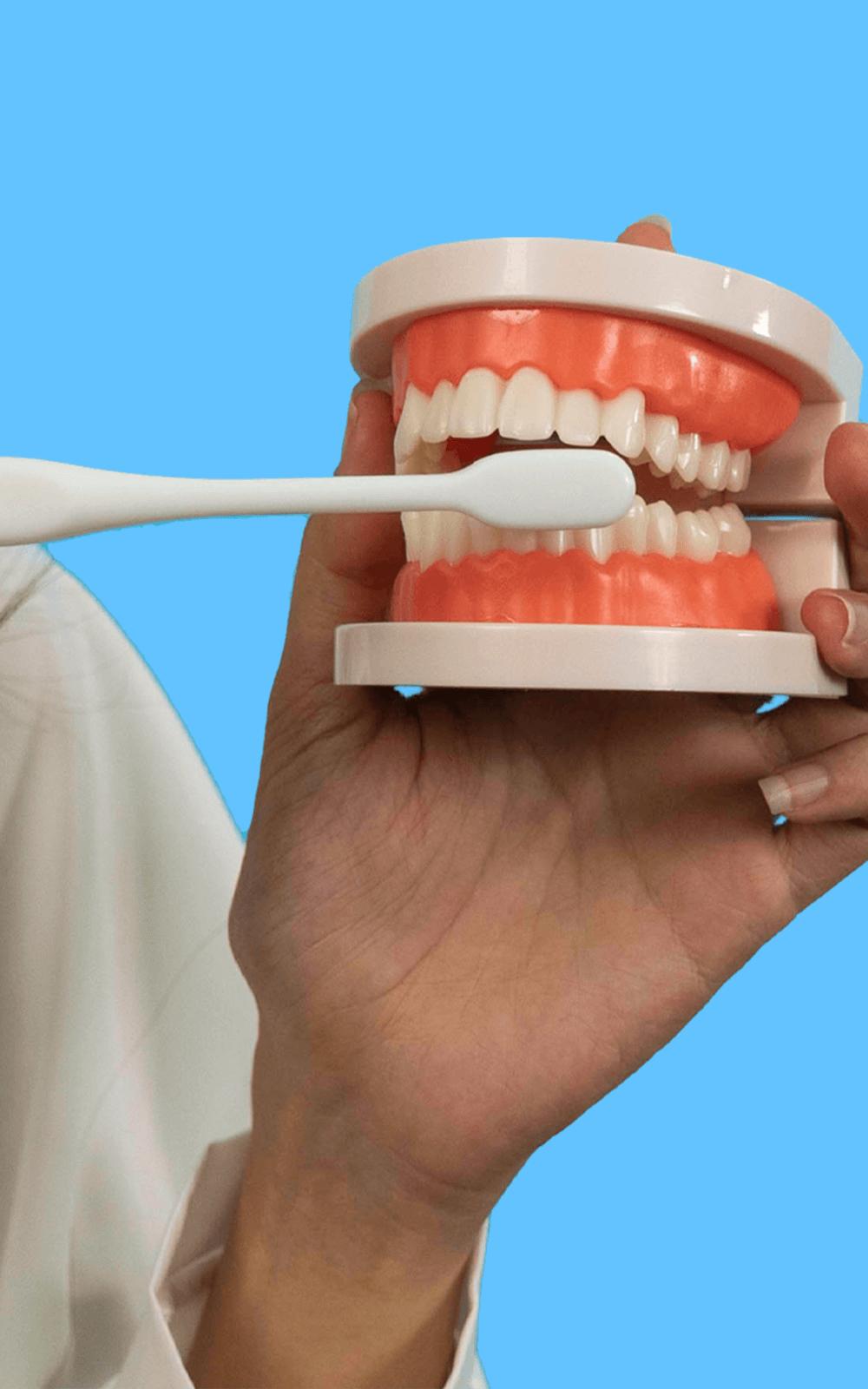
If you are considering getting dentures, there are several things you should do before making the decision.
Dentures will require daily cleaning. For a good denture care it is advised to:
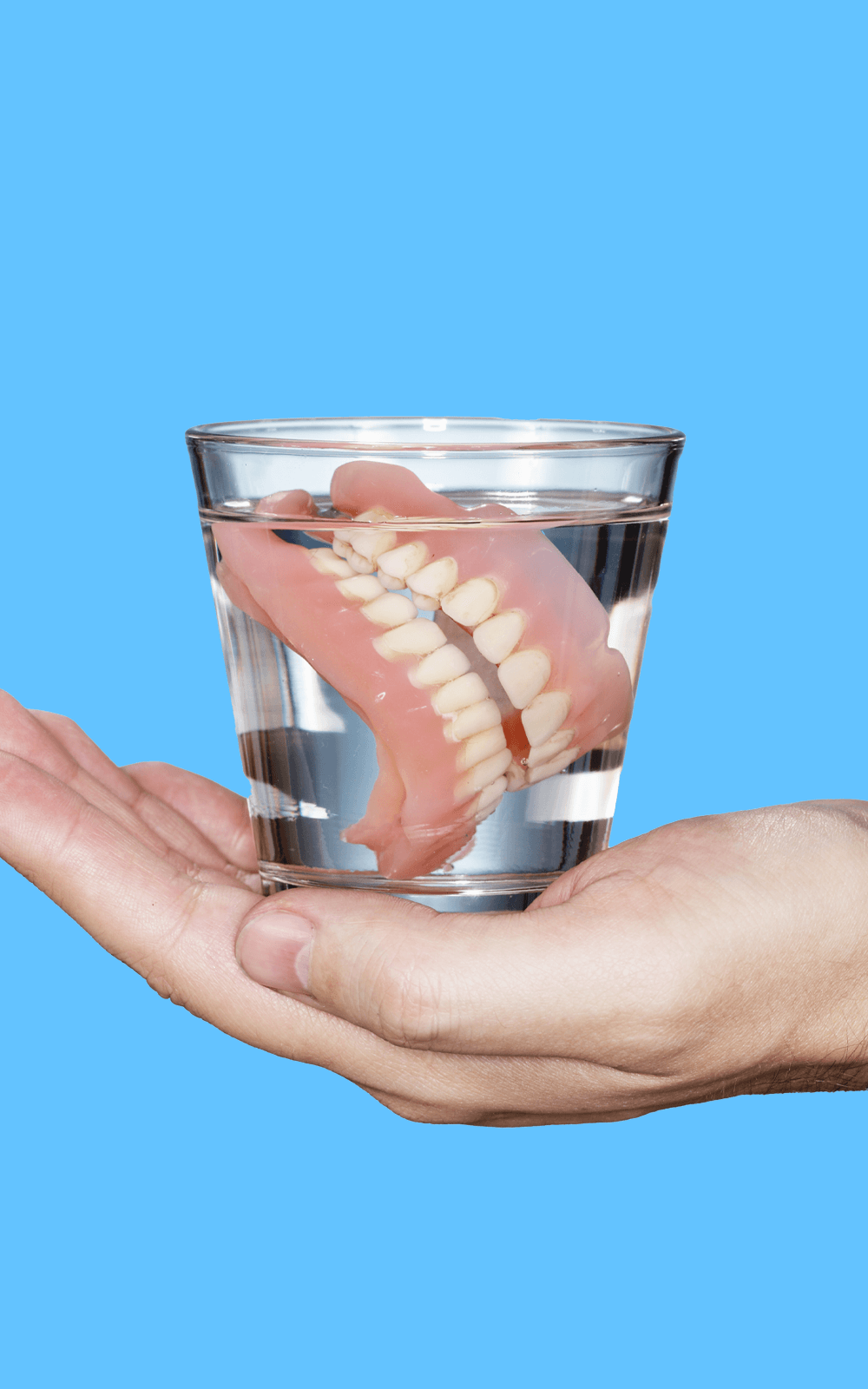
We know you have many questions. Having realistic expectations and deciding to have a dental operation requires information. Here you can find answers to frequently asked questions about dentures.
Dentures can treat multiple problems and many people are good candidates for it. Here, you can find answers for different complaints.